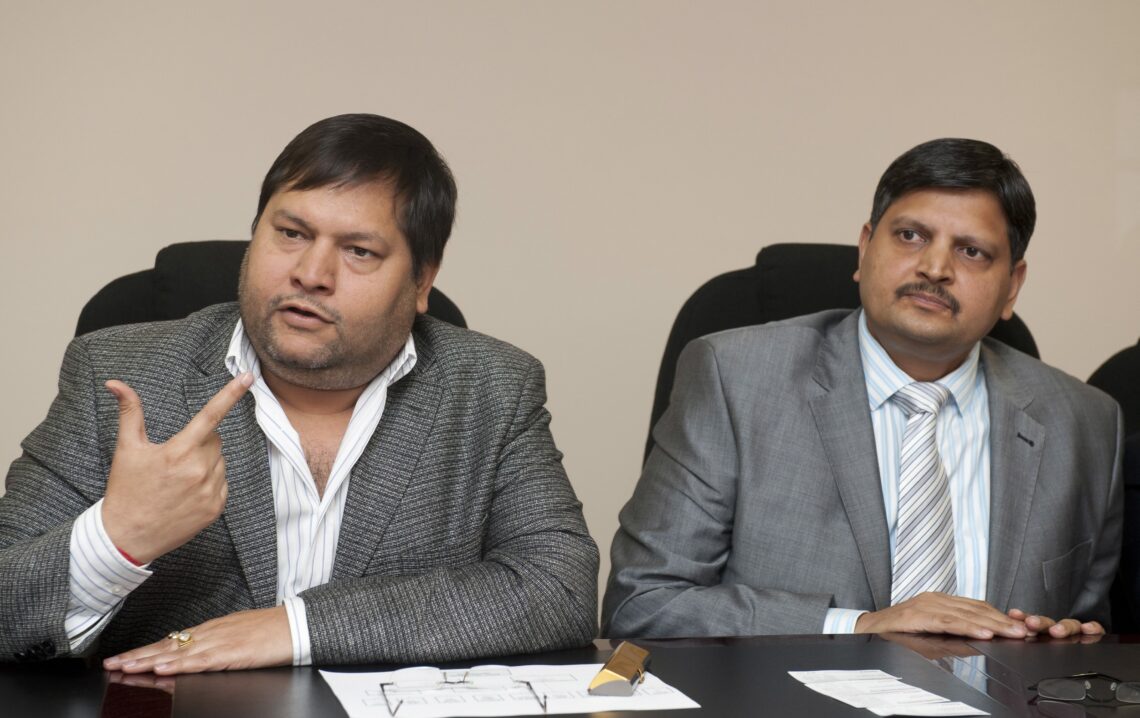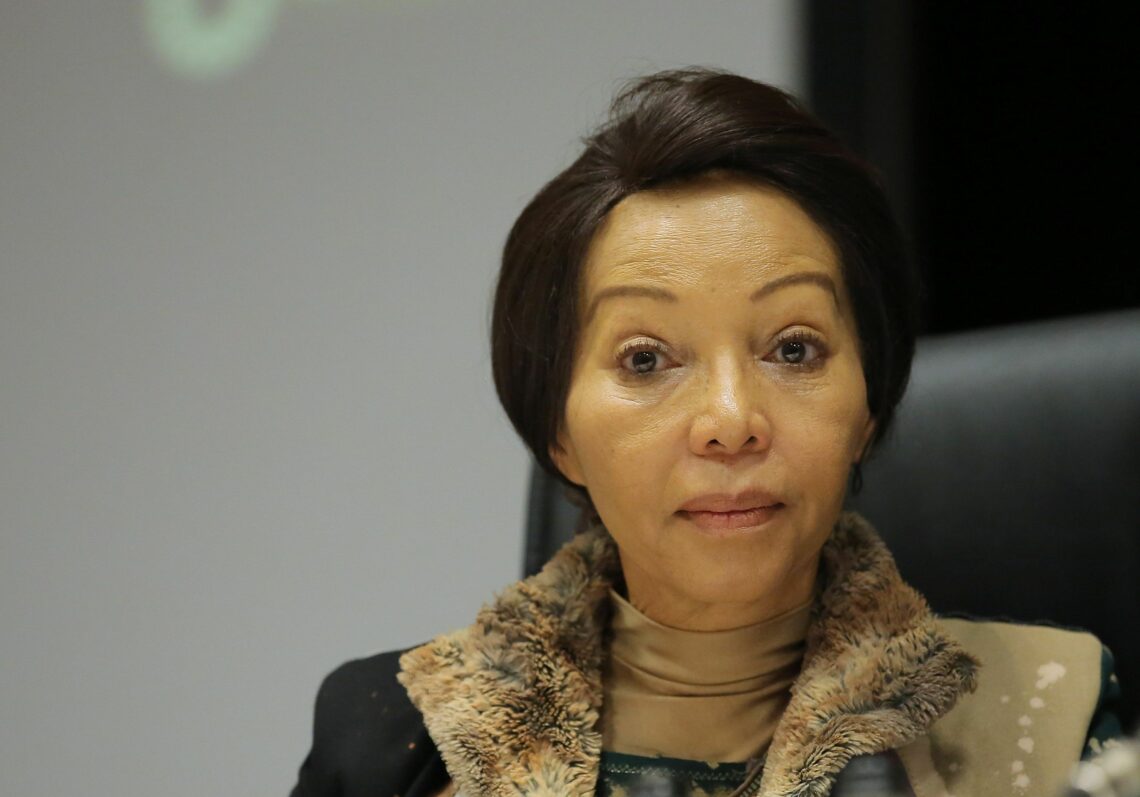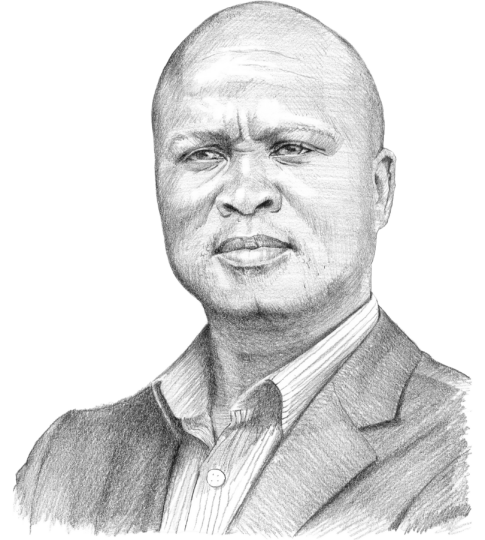Corruption, extradition and the threat to democracy
Several extradition cases throughout Southern Africa highlight the difficulties the region is having with corruption and the safeguarding of democracy. Wealthy, well-connected individuals are still able to game the system, rendering international protocols irrelevant.

In a nutshell
- Extradition is difficult to achieve in Southern Africa
- Financial crimes will likely continue to increase
- Corruption will undermine democratic institutions
In July, South Africa announced it was working to secure Interpol “red notices” (global requests for arrest) against members of the controversial Gupta family. If brought back to South Africa, the Gupta brothers – Atul, Ajay and Rajesh (“Tony”) – would likely face charges for their alleged role in corruption and state capture during President Jacob Zuma’s tenure from 2009 to 2018.
The brothers left South Africa shortly before a commission was formed to look into the allegations, which concern billions of dollars’ worth of government contracts. The inquiry is one of the biggest investigations into financial crimes in the postapartheid era, and now South Africa faces the challenge of apprehending suspects who have since fled to other jurisdictions.
South Africa has extradition agreements and “mutual legal assistance” agreements with countries throughout the region and beyond. Moreover, the African Union Convention on Preventing and Combating Corruption provides a framework for countries to cooperate on extraditable offenses, even if they do not have an extradition treaty.
Easy access to free cross-border movement enables offenders to escape arrest.
South Africa has assented to this protocol, as well as other multilateral initiatives aimed at addressing cross-border crimes, like the Southern Africa Development Community (SADC) Protocol on Extradition. The Protocol notes that there has been an “escalation of crime at both the national and transnational levels and the increased easy access to free cross-border movement [which] enables offenders to escape arrest, prosecution, conviction and punishment.”
Regional problem
South Africa is not the only country in the region grappling with extradition difficulties. Namibia wants to bring back individuals implicated in the “Fishrot scandal,” in which an Icelandic fishing company allegedly bribed Namibian politicians to secure lucrative fishing quotas. The accusations stem from private emails released by Wikileaks in 2019, and since then Namibian officials have been attempting to extradite several people who have left the country to evade prosecution.
Namibian prosecutors have petitioned South Africa and Iceland to apprehend and extradite these individuals. In June 2021, they issued such an appeal to South Africa regarding Maren de Klerk, a lawyer accused of being a paymaster in the scandal. Pretoria is still processing the request.
As countries in the region grow and integrate economically, the number of large infrastructure projects will continue to increase. The huge sums of money required to fund these projects will likely result in more financial crimes, including fraud and corruption, and more perpetrators will try to evade justice by crossing borders.

Along with regional instruments and local laws aimed at fighting corruption, political will is needed to ensure the agreements are carried out and cooperation occurs. If implemented properly, the current institutional framework should create a uniform environment that would allow the various jurisdictions across the region to fight cross-border financial crimes.
In principle, the SADC is in tune with the global community in the fight against corruption and illicit financial flows. However, states’ commitments to the various agreements often leave something to be desired. When the political will is lacking, cooperation breaks down and requests for legal assistance go unanswered.
Extradition agreements are usually subject to local laws and can easily be frustrated by lengthy judicial processes. Moreover, individuals with financial resources can game the system, orchestrating political interference that can keep them from facing justice. Many suspect that members of the Gupta family are using their wealth to prevent their extradition from the United Arab Emirates, where they currently reside.
Increasing threat
The SADC is battling increased incidents of corruption, fraud and money laundering, meaning the extradition of suspects who have fled is becoming a major front in the battle against such crimes. The case of the Gupta family and others highlight how corruption can threaten democratic consolidation and stability across the region.
In another case, South Africa is petitioning Malawi to extradite Shepherd Bushiri, a flamboyant Christian preacher, so he can face criminal charges including alleged money laundering and fraud. Mr. Bushiri skipped bail and fled South Africa to his native Malawi where he is reported to enjoy political influence made possible by the financial empire he has built through his church and other businesses. The extradition hearing is underway in Malawian court.
Unsurprisingly, all of these stalled cases involve people with strong political ties.
For its part, South Africa is holding Mozambique’s former finance minister, Manuel Chang. Mr. Chang was arrested in 2018 following charges that he approved illegal loans and received bribes as part of a $2 billion debt and embezzlement scandal. South Africa is yet to decide whether to extradite Mr. Chang back to Mozambique or to the United States, which has also requested his extradition. In the U.S., where much of the embezzled money came from, Mr. Chang would face charges on the same matter. American authorities contend that he should be sent to the U.S. because he is unlikely to be prosecuted in Mozambique.
South Africa has also been criticized for failing to provide legal assistance to Botswana in its case against Bridgette Motsepe-Radebe, a wealthy and politically connected South African whom the authorities in Gaborone have accused of money laundering.
Common threads
In these prominent cases involving requests for extradition or mutual legal assistance from Namibia, Botswana and South Africa, there is one thing in common: they could all be expedited if the authorities were committed to applying the regional protocol. Perhaps unsurprisingly, all of these stalled cases involve people with strong political ties.
For countries to use extradition to fight corruption, the justice system throughout the region would need to be fair and transparent. Political interference would have to be significantly reduced. Otherwise, crossing borders will effectively amount to a get out of jail free card.
The wave of financial crimes and illicit flows of money across the region will continue to grow.
For now, countries in the SADC region mostly lack the political commitments like extradition agreements, as well as functional, independent judicial systems. South Africa and Botswana, which have had varying degrees of success in these areas, are the exceptions that prove the rule.
All this points to a scenario where meaningful cooperation on apprehending and extraditing rich, influential suspects of corruption across borders remains out of reach. The wave of financial crimes and illicit flows of money across the region will continue to grow.
That money will certainly find its way into the political sphere, fueling a proliferation of corruption, weakening judicial systems and undermining fledgling democratic institutions. It will also offer plenty of opportunities for leaders to find ways not to honor their commitments regarding international legal cooperation.






